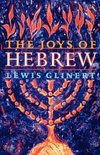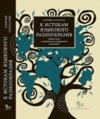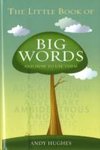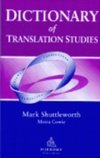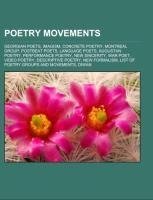
Poetry movements
Source: Wikipedia. Pages: 60. Chapters: Georgian poets, Imagism, Concrete poetry, Montreal Group, Postbeat Poets, Language poets, Augustan poetry, Performance poetry, New Sincerity, War poet, Video poetry, Descriptive poetry, New Formalism, List of poetry... Viac o knihe
Produkt je dočasne nedostupný
17.25 €
bežná cena: 19.60 €
O knihe
Source: Wikipedia. Pages: 60. Chapters: Georgian poets, Imagism, Concrete poetry, Montreal Group, Postbeat Poets, Language poets, Augustan poetry, Performance poetry, New Sincerity, War poet, Video poetry, Descriptive poetry, New Formalism, List of poetry groups and movements, Diwan, Net-poetry, Christian poetry, Latin poetry, Biker poetry, Confessional poetry, Los Contemporáneos, Digital poetry, Metaphysical poets, Jill Alexander Essbaum, Vers de société, Flarf poetry, Medieval poetry, Ottoman poetry, Sound poetry, Uranian poetry, Cowboy poetry, Spoken word, 20th century lyric poetry, Open mike, Elliptical poetry, Graveyard poets, Creacionismo, Wiener Gruppe, Poetic transrealism, Fescennine Verses, Historical Poetry, Prehistoric Digital Poetry, Haptic poetry, Cairo poets, Stridentism, Eratosphere, Harlot, Intimism, Informationist poetry, Indian poetry in English, Niranam poets, Expansive Poetry, Poesybeat, Tarja, Melodeclamation, Powow River Poets, Kavya, Amatory anatomy, Malayalam poetry, The Song Fishermen, Anti-poetry, Latino poetry, Sepid Persian Poetry, Action poetry, Islamic poetry, Fleshly School, Dolce stil nuove. Excerpt: The Montreal Group was a circle of Canadian modernist writers formed in the mid-1920s at McGill University in Montreal, Quebec, which included Leon Edel, John Glassco, A.M. Klein, Leo Kennedy, F.R. Scott, and A.J.M. Smith. Most of the group's members attended McGill as undergraduates. Due to this connection, the group is also referred to as the McGill Group or McGill Movement. The group especially championed the theory and practice of modernist poetry over the Victorian-style versification, best exemplified by the Confederation Poets, that predominated in Canadian poetry at the time. The Montreal Group is "defined by its 'little magazines', which catered to innovative prose and poetry influenced by contemporary movements in British and American modernism," and "also by its belated inheritance of a fin-de-siècle poetics from the aesthetic and decadent movements in Europe." The Encyclopædia Britannica credits the group and its members with having "precipitated a renaissance of Canadian poetry during the 1920s and '30s by advocating a break with the traditional picturesque landscape poetry that had dominated Canadian poetry since the late 19th century. They encouraged an emulation of the realistic themes, metaphysical complexity, and techniques of the U.S. and British poets Ezra Pound, T.S. Eliot, and W.H. Auden that resulted in an Expressionist, Modernist, and often Imagist poetry reflective of the values of an urban and cosmopolitan civilization." In the 1920s, the prevailing tradition in Canadian poetry was still the "one that had been established by the poets of the Confederation: Charles G.D. Roberts, Bliss Carman, Archibald Lampman and Duncan Campbell Scott. This poetry, although striving for a certain Canadian quality, was very much the offspring of English Victorian verse. The majority of versifiers in Canada were to cling to this mode of expression until the beginning of the 1940's." While some Canadians were writing modernist poetry - W.W.E. Ross, R.G. Everso
- Vydavateľstvo: Books LLC, Reference Series
- Formát: Paperback
- Jazyk:
- ISBN: 9781156815823

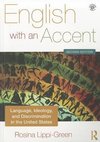
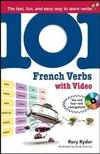
 Anglický jazyk
Anglický jazyk 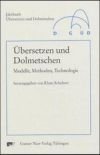
 Nemecký jazyk
Nemecký jazyk 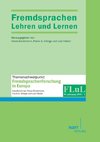
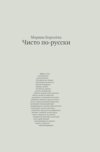
 Ruský jazyk
Ruský jazyk 
